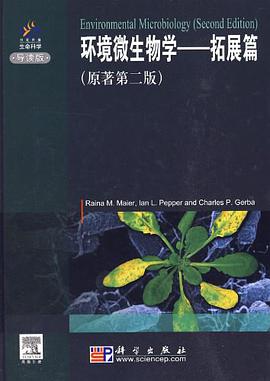

具体描述
In Canada's Eastern Arctic and Greenland, the Inuit have been the majority for centuries. In recent years, they have been given a promise from Canadian and Danish governments that offers them more responsibility for their lands and thus control over their lives without fear of being outnumbered by outsiders. The Arctic Promise looks at how much the Inuit vision of self-governance relates to the existing public governance systems of Greenland and Nunavut, and how much autonomy there can be for territories that remain subordinate units of larger states.By means of a bottom-up approach involving cultural immersion, contextual, jurisprudential, and historical legal comparisons of Greenland and Nunavut, The Arctic Promise examines the forms, evolution, and scope of the right to autonomy in these Arctic jurisdictions. Loukacheva argues that the right to autonomy should encompass or protect Inuit jurisdiction in legal systems and the administration of justice, and should allow the Inuit direct participation in international affairs where issues that affect their homelands are concerned.The Arctic Promise deals with areas of comparative constitutional law, international law, Aboriginal law, legal anthropology, political science, and international relations, using each to contribute to the understanding of the right to indigenous autonomy.
作者简介
目录信息
读后感
评分
评分
评分
评分
用户评价
相关图书
本站所有内容均为互联网搜索引擎提供的公开搜索信息,本站不存储任何数据与内容,任何内容与数据均与本站无关,如有需要请联系相关搜索引擎包括但不限于百度,google,bing,sogou 等
© 2026 book.wenda123.org All Rights Reserved. 图书目录大全 版权所有




















